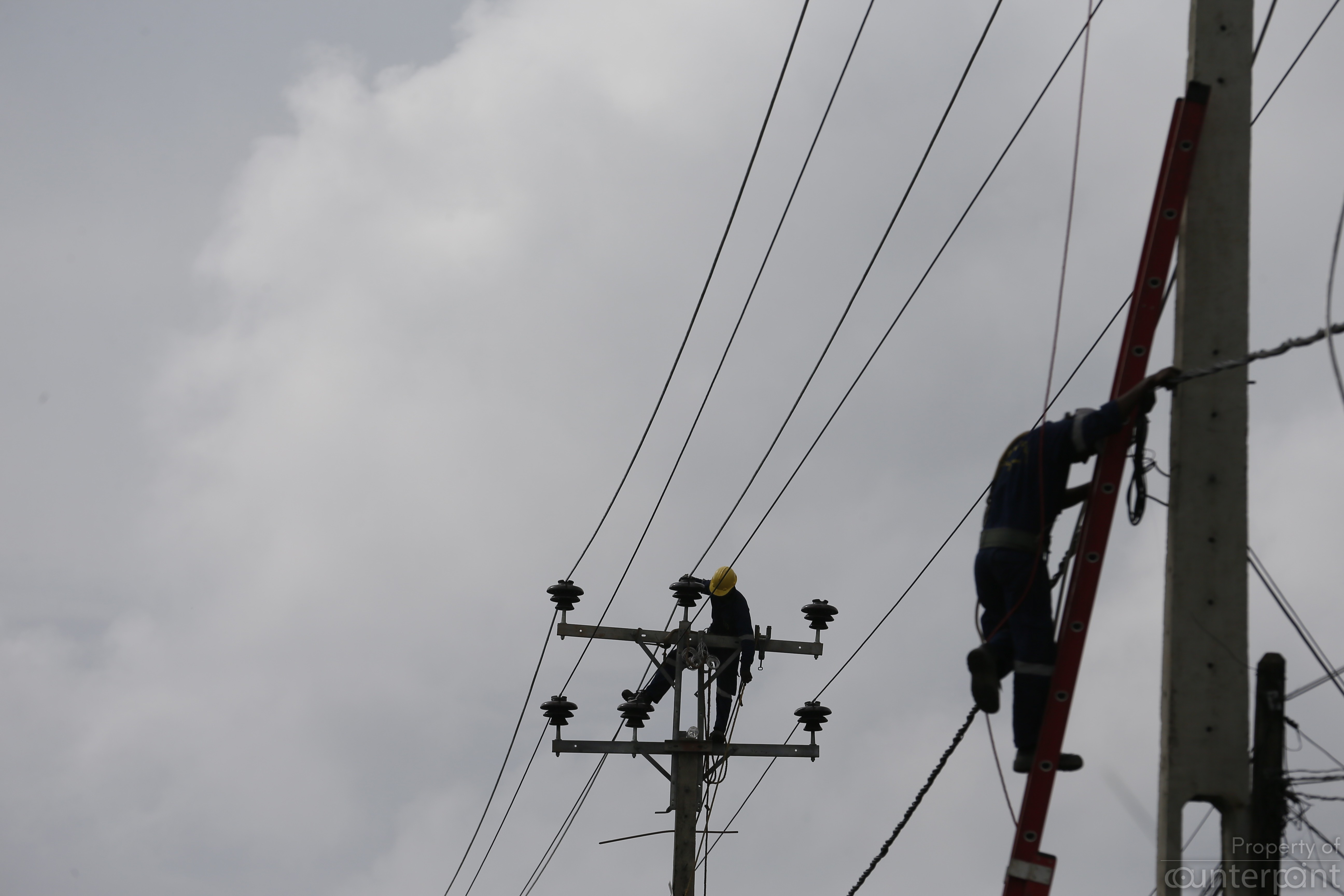It is time to re-think how we elect representatives to our local administrative bodies.
Local government means having our day to day needs attended to; be it the collection of garbage, repair of drains and culverts or maintaining a clean city amongst a host of other services.
Basically it’s getting our worth for the taxes we pay to the local administration that oversees the city or village we live in.
In Sri Lanka, the mandate of the local authority is to “provide for the comfort, convenience and well-being of the community.”
The just concluded Local Government election unfortunately did not address any of the above.
Instead, from the get-go, the entire campaign took on the appearance of a general election.
The so-called national parties sought to convert them to referenda on performance.

Election speeches hardly addressed local issues that need immediate or long-term solutions.
Instead, speakers put the spotlight on the ineptitude of the current government and the corruption and nepotism of this regime and that of the previous one.
For the Leaders of the United National Party (UNP), the Sri Lanka Freedom Party (SLFP) and the Sri Lanka Podujana Peramuna(SLPP), this election was also a personality test.
Leaflets that came our way from all of the political parties contesting the election, scarcely mentioned the candidate’s plans for the area.
Nor was there an attempt to meet constituents and identify their needs.
The SLPP’s leaflets asked the people for their vote to “show their gratitude to Mahinda Rajapaksa who led the defeat of the LTTE.”
The UNP claimed that since the Central government holds the purse and allocates funds to local councils, their candidates should be elected to enable community development.
The President, who leads the SLFP, meanwhile campaigned for a mandate to fight bribery and corruption.
In Colombo, the United National Party printed a manifesto in all three languages for distribution amongst the city’s constituents. The rest of the country only received a booklet outlining the UNP government’s achievements these past two years.
In the aftermath of the election result, the winners and their allies have had just one goal in mind; to grab back power at the Centre. With the UNP/SLFP coalition’s mad scramble to hold on to power further exacerbating the situation, the business of setting up local councils and appointing a Mayor/Commissioner and their deputies were put on the back burner.
Even though the SLPP won most of the Councils, they have no clear majority in many of those. So, come March 6th, when all the local authorities are expected to begin functioning, there is every likelihood that a 180 of the 340 councils will be “hung-councils,” leading to budgets and projects etc. being defeated. The end-loser will be the constituent. (There are 341 Councils. An interim order by the Supreme Court prevented elections for the Elpitiya Pradeshiya Sabhawa, being held.)
Traditionally, local governments have been able to conduct their affairs successfully, if the party in power at the centre is the same as those running the councils. All others are often neglected for want of cooperation from the top.

Creating a non-partisan system of elections to local authorities on the other hand, would pave the way for candidates who display integrity and the ability to get a job done, be elected. There will also be better cooperation between Councils and Provincial and Central governments as party interference would be limited or non-existent.
This year, we saw two independent groups contesting at the Local government elections. One, the People’s Movement Against the Uma Oya project ran for election in the Bandarawela area.
Only three members were elected. In Kantale, none of the women who banded together as the Eastern Women’s Organization were successful. Both groups chose to run for election independent of party politics.
The Uma Oya faction is a civic group that had come together to safeguard the rights of those affected by that project.
The women’s group, consisting of members from all ethnicities have been working at grass root level on a variety of social issues. With a good knowledge of the issues the people or their home areas face, members of both these groups would have been better placed to serve their constituents.
With a ballot paper that showed only party symbols, this past election also deprived voters of electing a candidate of their choice.
This meant that even if the representative for a given area was of questionable character, he or she would be elected automatically, once the vote was cast for the party; little room then, to boot out the corrupt and nefarious.
Media reports stated that some of those elected to the Maharagama Urban Council were not residents of the area. The members belong to the Independent group aligned with the SLPP.
Be they municipalities or urban/town councils, they are the first point of contact for residents requiring attention to their local needs. As non-partisan members, councillors will be free to make decisions or support or reject proposals without fear of party discipline. Moreover, each councillor will be aware that come election time, constituents will have a score card on each one of them, and being re-elected would depend on their performance and integrity.

As well, there will be no possibility for those living outside an area to surreptitiously obtain nominations as they would be easily exposed by local residents.
The damage caused by political parties hogging the limelight and focusing on national issues at local level elections has never been as disruptive as it has been this time around.
It is time to restructure the system and allow individuals or genuinely independent groups run our local administrations, creating the space for transparency and better community participation in developing our neighbourhoods.



 Logging you in...
Logging you in... Loading IntenseDebate Comments...
Loading IntenseDebate Comments...

